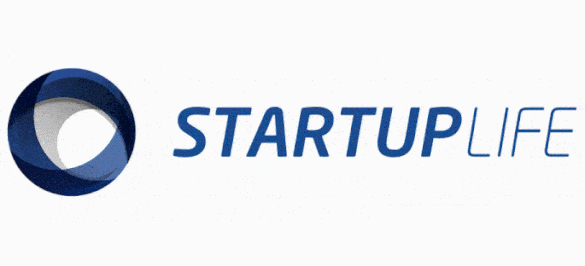By Renan Raffo and Layon Lopes*
Driven by the growth of the startups’ ecosystem in Brazil throughout the past decade, many foreigner players, such as Venture Capital funds and angel investors, have been asking if there is any safe way to invest in startups in Brazil, such as via Convertible Notes, the most popular instrument for this kind of inversion abroad. The good news for those who aim to invest in Brazilian startups is that the Convertible Notes have been imported to the local ecosystem successfully, in such a way that they are, with no doubt, the main kind of inversion negotiated in the country as well.
The Convertible Notes in Brazil are directly inspired by the North American ones. Technically, they consist of an instrument of debt, issued by the startup in favor of the investor, from a loan previously made by the investor to the startup. The investor, in turn, has the possibility of being paid off by the conversion of their credit into equity interest on the startup, instead of receiving the amount in cash. Therefore, the startup will have to issue new shares, which will be owned by the investor, in order to fulfill its obligation towards the investor.
The Convertible Notes are considered a safe investment agreement because, a mong other topics, the parties may set up several obligations regarding the corporate governance of the startup, such as to the relationship between the investor, the company’s founders and other partners as well. Thus, the investor has the safety that, if during the period of validity of the Convertible Notes, the company’s administration begins to act not in compliance with the conditions established in the contract, they will be able to charge penalties and, if they wish to, chose not to convert the credit into equity – and, hence, not becoming a partner of the startup.
Many other rights and obligations may be added to the Convertible Notes: founder’s lock up, non-compete clause, right of first refusal, dilution in new investment round, for instance, are just some of the possibilities, which vary according to the profile of the investor and to the maturity of the startup. Hands-on investors usually want more guarantees in the sense of interfering and participating in the company’s decision making, while hands-off investors want to feel comfortable about the possibility of withdrawing from the business without suffering big losses. Negotiating the terms of Convertible Notes is like playing a puzzle game, on which you must fit in the correct piece next to the other. In the end, the most important thing is that the result of the negotiation ensures both parties’ conditions to thrive.
*Layon Lopes is the CEO of Silva | Lopes and Renan Raffo is a member of the Silva | Lopes team.







